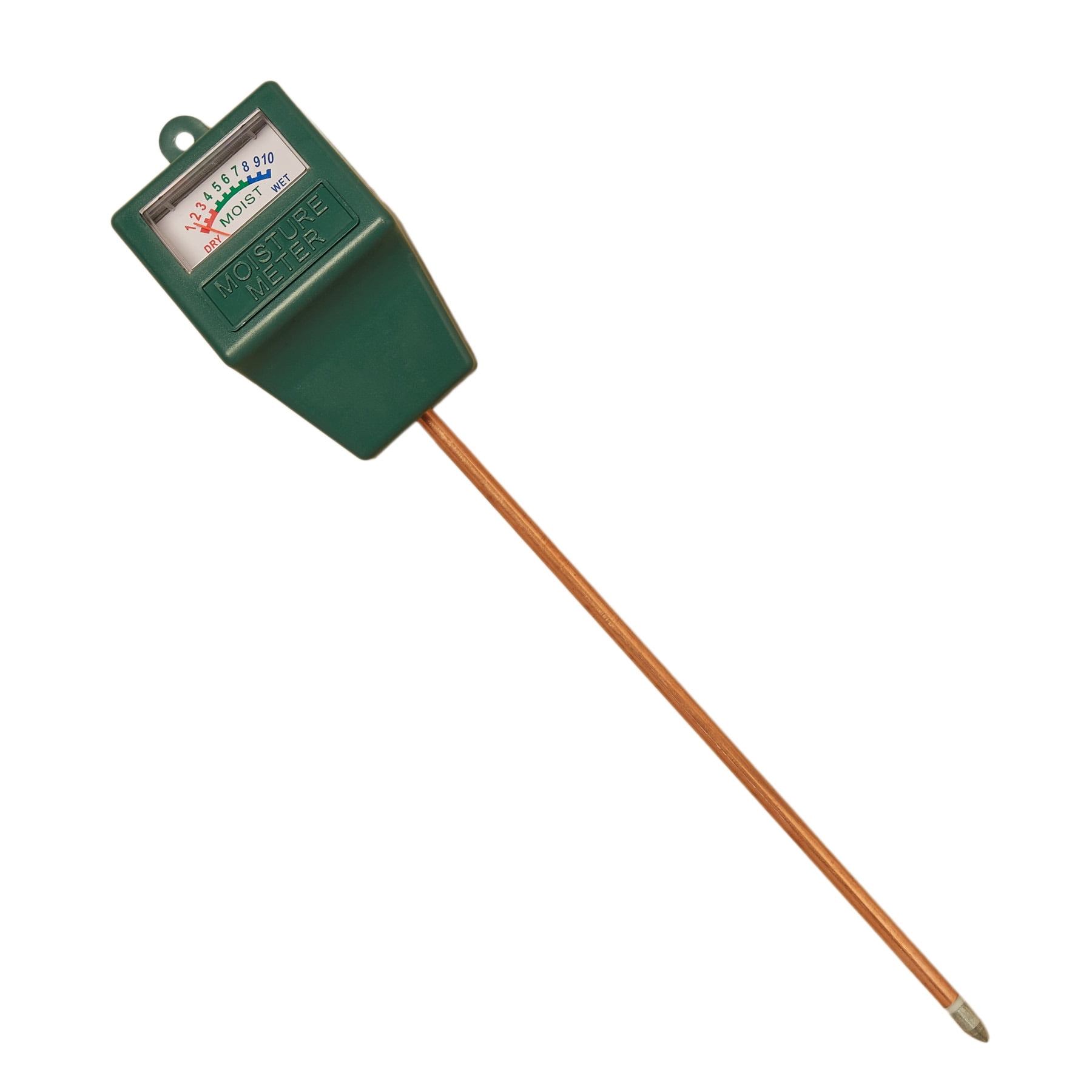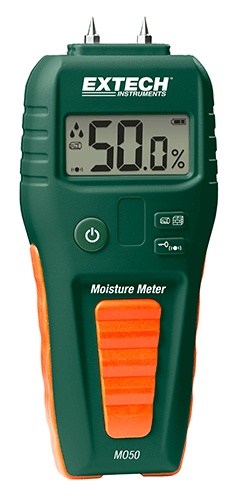The Ultimate Overview to Dampness Meters: A Comprehensive Introduction and Just How They Can Save You Money
Wetness meters offer as indispensable tools in detecting and checking moisture material in materials, assisting in preventing expensive damages and making certain the top quality of products. Comprehending the nuances of various types of moisture meters, their applications, and the potential cost-saving benefits they offer can be a game-changer for specialists and businesses alike.
Sorts Of Dampness Meters
One typical type is the pin-type wetness meter, which gauges the electric resistance in between 2 pins put into a product. Pinless wetness meters, on the various other hand, usage electromagnetic sensor plates to check a bigger location without causing damages to the material's surface.

Infrared dampness meters gauge the thermal properties of a material to identify its moisture content non-invasively, making them helpful for applications where pin or pinless meters might not be appropriate. Understanding the different types of dampness meters readily available can assist sectors choose the most proper tool for their certain moisture measurement demands.

Benefits of Utilizing Wetness Meters
Moisture meters use very useful benefits in precisely keeping track of and analyzing wetness levels in varied materials and settings. One of the main benefits of using dampness meters is the avoidance of prospective damage created by excess wetness.
Furthermore, utilizing moisture meters can cause raised energy efficiency. By identifying locations with high moisture levels, such as leaks or inadequate insulation, adjustments can be made to improve power conservation and decrease utility costs. In agricultural settings, wetness meters play a crucial duty in maximizing plant yields by making it possible for farmers to monitor soil moisture degrees and make notified watering choices. In general, the benefits of utilizing dampness meters span across various sectors, offering cost-effective options and advertising much better top quality control techniques.
Exactly How to Choose the Right Wetness Meter
Selecting the ideal dampness meter entails thinking about essential variables such as product compatibility, dimension array, and calibration precision. When picking a dampness meter, it's important to make sure that the meter is ideal for the particular product you will be screening. Various materials have varying electrical residential properties that can influence moisture readings, so picking a meter designed for your material is essential for precise results. Additionally, consider the dimension series of the wetness meter. Make certain that the meter can discover wetness levels within the variety required for your applications. Calibration accuracy is one more crucial factor to bear in mind. Opt for a wetness meter with trustworthy calibration to ensure regular and specific readings. Some meters may call for routine calibration modifications, so comprehending the calibration process is essential. By meticulously assessing these variables, you can choose a dampness meter that fulfills your requirements and supplies accurate dampness measurements for your jobs.
Appropriate Methods for Wetness Meter Usage

Expense Cost Savings With Wetness Meter Applications
How can the critical use of dampness meters lead to considerable cost savings across numerous look at this now industries? Dampness meters play an essential duty in price financial savings by preventing potential damages and guaranteeing quality control in different markets. In the farming sector, moisture meters help in figuring out the ideal time for gathering crops, preventing over-drying or excess moisture that can influence the end product's top quality. This specific monitoring assists farmers prevent unnecessary losses and optimize their yield.
Similarly, in building, dampness meters help protect against pricey problems by detecting wetness levels in building products, such as timber or concrete, which can result in structural problems otherwise addressed promptly. By recognizing issue areas early on, professionals can take corrective procedures to prevent considerable repair work or replacements, ultimately conserving time and money.
In addition, in the food handling market, dampness meters are necessary for keeping an eye on item high quality and ensuring conformity with safety laws. By accurately measuring dampness web content in foodstuff, producers can stop wasting, maintain freshness, and lower waste, leading to considerable cost savings. On the whole, the critical application of wetness meters is a valuable financial investment that can cause considerable price reductions and boosted performance throughout different sectors.
Final Thought
To conclude, dampness meters are beneficial tools for finding and determining dampness degrees in different products. By utilizing the best wetness meter and complying with correct methods, individuals can successfully protect against costly damages triggered by excess dampness. Purchasing a top quality wetness meter can lead to substantial expense savings over time by identifying possible problems early on and enabling timely remediation. Ultimately, moisture meters are vital tools for keeping the honesty and long life of products and structures.
Moisture meters serve as crucial tools in identifying and monitoring moisture content in materials, aiding in preventing pricey problems and guaranteeing the top quality of products. Infrared wetness meters determine the thermal residential or commercial Web Site properties of a product to identify its moisture web content non-invasively, making them valuable for applications where pin or pinless meters might not be suitable.Dampness meters offer vital benefits in properly keeping track of and analyzing wetness degrees in varied materials and settings. In agricultural settings, wetness meters play a vital function in maximizing plant returns by making it possible for farmers to keep an eye on dirt dampness levels and make notified irrigation decisions.In conclusion, dampness meters are beneficial tools for gauging and spotting wetness levels in various products.